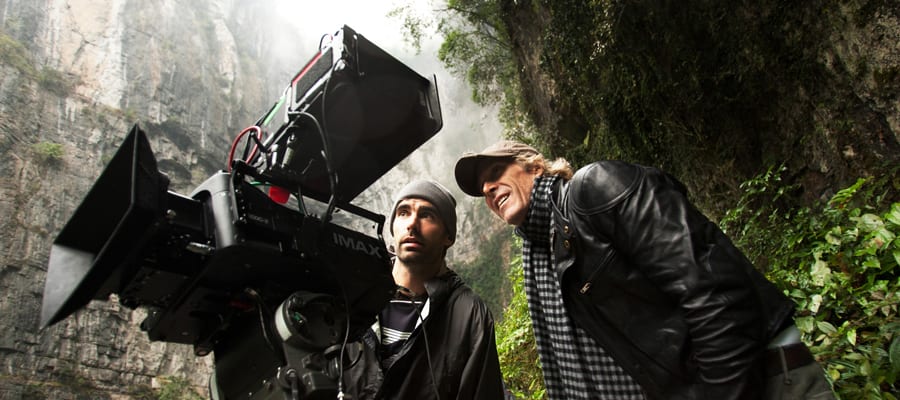IMAX Unveils First Ever 3D Digital 4K Camera
Michael Bay's explosions are about to get more explosion-y.
 Credit:
Credit:
Products are chosen independently by our editors. Purchases made through our links may earn us a commission.
If you thought the Autobots were already big and the lens flares were already bright, wait until you see them in digital 4K—and native 3D.
IMAX has finally shared some details about its newest 3D camera, which it's describing as "the world’s first fully integrated dual 65mm 4K digital large format 3D camera." And the public has already gotten its first taste of what the new rig is capable of. Last weekend, Michael Bay's Transformers: Age of Extinction hit theaters with the first footage from this cutting-edge camera.
The IMAX 3D Digital Camera is lighter, quieter, and more compact than its predecessors. With the downsized the camera, filmmakers will ostensibly be able to obtain certain types of shots that were previously impossible. Up until now, IMAX cameras were notoriously loud, which was a considerable headache for those working behind the scenes on movie sets.
Take a look at the official demo below:
This is the first time that IMAX has moved away from its standard 65mm film in favor of digital picture, but moviegoers should expect exactly the same kind of stunning, large-format picture quality. And the 3D? Well, it should be truly off the hook.
The IMAX 3D Digital Camera is being described as a "true 4K stereo camera," meaning both the right and left eye images are captured in full 4K resolution, without the use of a beam splitter.
{{ photo_gallery name="IMAX 3D Digital Camera" }}
It's worth noting that IMAX isn't phasing out its older camera models any time soon. In its official press release, the company states that it designed the camera to be "a complementary tool to its other 2D and 3D IMAX film camera systems as well as other camera technology that filmmakers may be using."
That said, with the myriad benefits of the IMAX 3D Digital Camera readily apparent, it's hard to imagine a scenario in which it doesn't become the industry standard.
